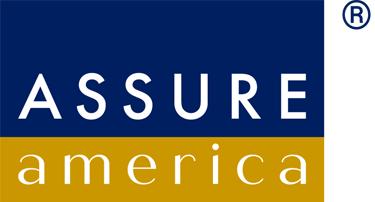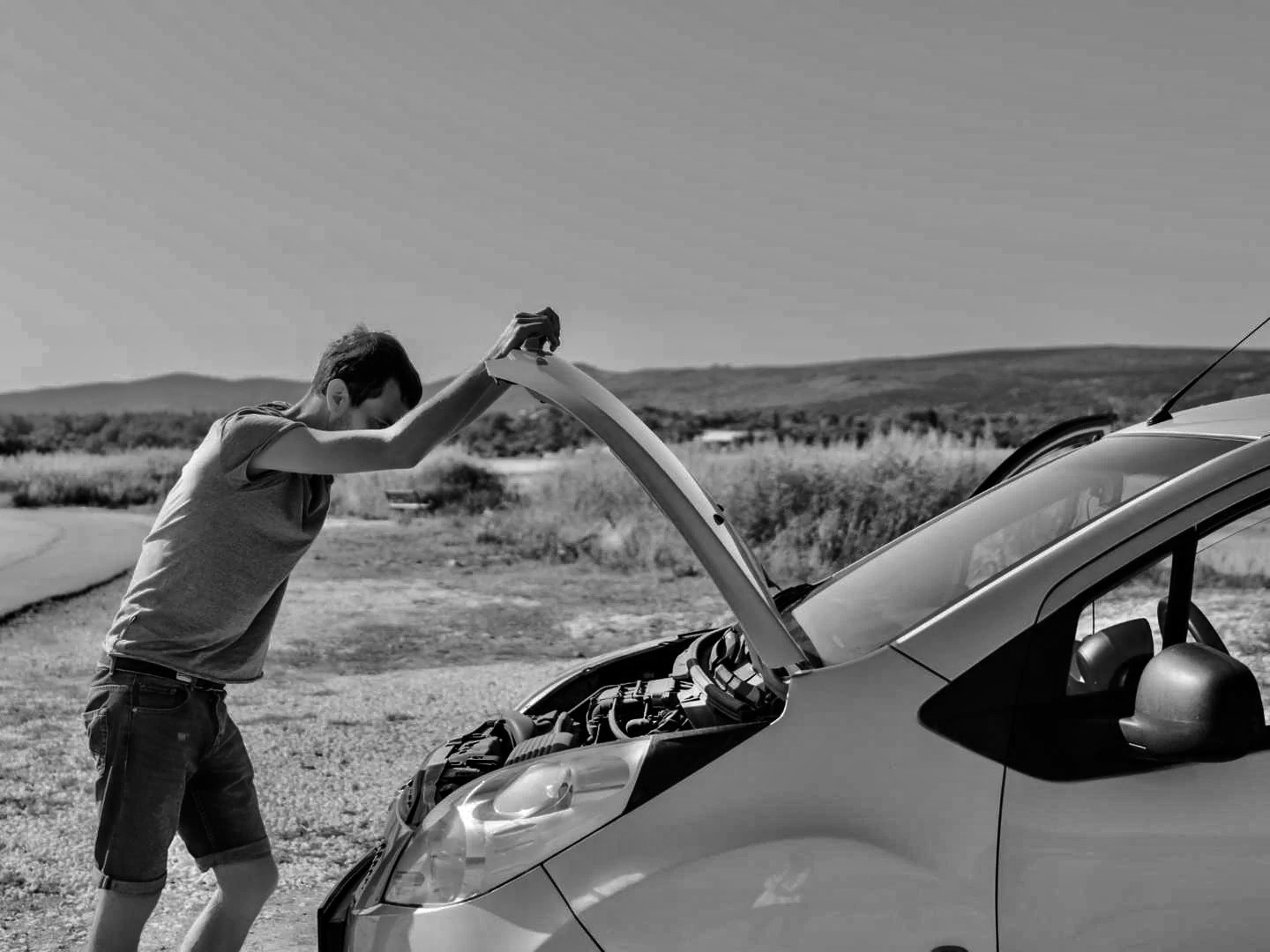Inside this section
Erie
What is gap insurance?
If you’re paying on a car loan or a lease, your car may be valued for less than what you owe. So, if your car is totaled in an accident, gap insurance helps you pay off your loan or lease, minus the deductible.
How does gap insurance work?
As you probably know, your shiny new car begins decreasing in value, or depreciating, the moment you drive it off the lot. It’s not uncommon for a car to depreciate in value faster than people can pay off their cars.
That means if you totaled your car, the insurance company would only cover the cost of its current value. If you owe more than the value of your car’s current market value, you’d be stuck repaying any remaining balance.
For example: Let’s say you borrowed $25,000 for a new car. One day, while it was parked in front of your friends’ house, a big tree limb fell and crushed your vehicle. You file a claim, and the insurance company totals it out at $15,000. Trouble is, your loan balance is still $20,000. What you’re left with is a $5,000 funding gap to pay off your loan.
Whether you end up rolling this balance into a new car loan or coming up with the cash in some other way, being forced to pay several thousand dollars with nothing to show for it can be painful. That’s why many find gap insurance is an attractive option.
Is gap insurance required?
Short answer:No, but it may be a good idea for your peace of mind.
To understand why, let’s take a look at why people have certain kinds of insurance on their cars and when the requirements kick in. Some types of car insurance, namely liability, are required by law in most states.
However, other kinds of insurance are not required by law, but they’re still required as a condition for taking on a loan or a lease.
Most lenders require borrowers to have comprehensive and collision insurance, to cover the costs to repair or replace your car. Lenders do this because they want to ensure nothing keeps you from making on-time payments.
While most lenders don’t require gap insurance, it is something you can choose to take on to protect your finances. Making this choice all comes down to whether you can afford to — or want to — take on the risk of paying off the balance of your loan if something happens to your car.
Factors to consider when buying gap insurance
Here are a few things to think about if you’re considering gap insurance.
- Type of insurance. In most cases, you can get gap insurance only if you have comprehensive or collision coverage on your car.
- The current value of your car. If your car were totaled tomorrow, the value listed in a source like the Kelly Blue Book doesn’t necessarily equal the reimbursement from the insurer. Still, that listing can give you a good ballpark figure to check against your loan balance. If your car got totaled tomorrow and you still owed on it, gap insurance can bring peace of mind.
- Your down payment and loan. For example, if your down payment were at 20 percent and you’re paying off the loan in 36 months or less, you’re likely staying well ahead of depreciation. However, if you have a 60-month loan, gap insurance protects you when your loan balance to exceed your vehicle’s Actual Cash Value.
- Fast depreciation. Some makes and models hold on to their value longer than others. If your vehicle depreciates more quickly than average, gap insurance may be a good idea.
How much does it cost?
It depends on many factors, including the make and model of your vehicle. It’s only a small increase to your premium and includes New Vehicle Replacement (for new vehicles that are less than two years old) and Better Vehicle Replacement Coverage (for older cars). If you’ve owned your car less than two years and it gets totaled, Assure America will reimburse you the cost to replace it with the newest model year (minus your deductible).
While you’re signing the loan documents, the auto dealership may offer a gap insurance policy. It’s important to compare rates before you say “yes,” because you may will get a better deal from the insurance company. Even if you already have the dealer's gap insurance on your loan, the contract may let you opt out without penalty — it doesn't hurt to ask!
Now that you have a good overview on how gap insurance can give you extra protection while you're paying a lease or loan on your vehicle. Talk to your local Assure Agent who can explain the details about gap insurance and New Auto Security and give you a quote.
*New Auto Security Coverage is not available in New York or North Carolina. A vehicle is considered new when it is less than two years old. Eligible vehicles must carry both comprehensive and collision coverage. The endorsement is sold on a per-vehicle basis, not per policy, and contains the specific details of the coverages, terms, conditions and exclusions. Coverage is not available in all states. Please refer to our disclaimer and talk to an Assure agent for policy details.
____________________________________________________________________________________________
Call our corporate office at (304) 723-4600 or contact us at any of our locations in Weirton, Wellsburg and Chester in West Virginia; Steubenville, Ohio; Louisville, Kentucky; or Pittsburgh, Pennsylvania.


